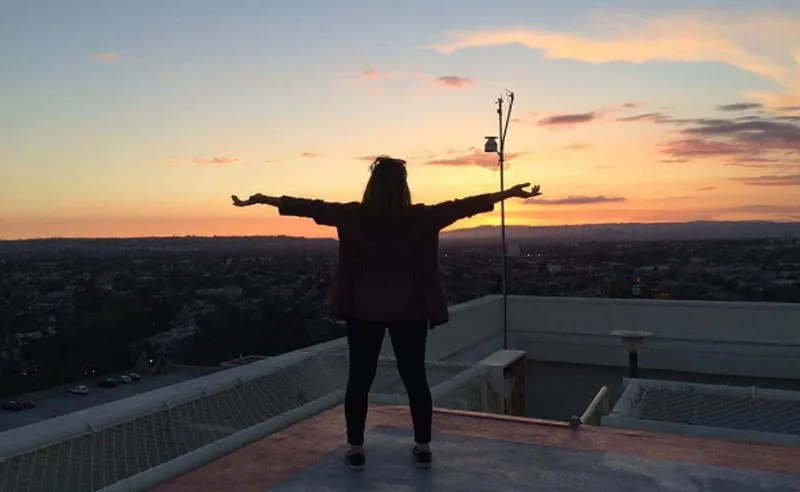
I was recently asked to be a volunteer mediator for the University of Southern California Program on Mediation Advocacy. It was an invigorating experience, working on a seven-party environmental dispute. I had never worked with those numbers before and never conducted a mediation on an environmental dispute. In fact, I had only recently retired as a high school English teacher in a continuation high school in Fontana, CA. A continuation high school is for kids who find regular high school a challenge and, in a word, screw up until there is almost no chance they will graduate. That’s where we come in. For the sixteen years I spent teaching there, I saw my job as a process of re-definition – theirs, not mine, although I found myself changing inexorably with the everyday reality of violence and conflict in the classroom.
Conflict resolution was a daily reality and became something of an art. Indeed, I sometimes encouraged conflict if only to engender a response from my generally somnambulant students who only felt the need to pay attention if another student somehow disrespected them or put them on blast or I said something provocative, usually intentionally, to remind them they were alive.
The idea that conflict can be an opportunity slowly became apparent as I watched my students transform into useful and occasionally legal members of society. Some did go to college, however briefly, and after sixteen years of pushing, cajoling, pleading, threatening, failing, and even passing an ever decreasing number of my seniors, I decided to call it a day. The day after retiring I began the mediator certification course.
And so it was that I found myself in the middle of the most brilliant bunch of students I had ever encountered, working on a problem that had been created by the Harvard Law School
Program on Mediation. Needless to say, I did an enormous amount of prep work, reading scholarly articles written by Harvard law professors on how to mediate environmental disputes.
One surprising suggestion an author made was that, in environmental disputes, the mediator should be more proactive than the usual professional neutral we are trained to be. He wrote that we should be willing to offer ideas and suggestions for solutions to problems that may arise. I took that suggestion to heart, made several suggestions based on the extensive research I conducted prior to the mediation, suggestions the students accepted and that eventually led, after three hours, to a mediation agreement that all seven parties were willing to sign.
Aside from the sheer brilliance of the students, of how committed they were to their roles and the knowledge of their positions; I was struck by how conflict really does provide a platform for change. It wasn’t just the change we made as witnessed by the mediation agreement, but in the process the students went through in becoming their characters, in the information they had to accumulate, and the way they used that information to fortify their positions. They had to listen, assimilate the other side’s positions, and actually compromise in order to afford the greater good.
That is the essence of mediation: to provide an opportunity to grow, to create a future, and to leave the past behind bringing with you only the lessons you learn. Those students, whose future shines bright before them, nevertheless constructed a pathway to a brighter future that day. And even though it was a fiction, I think it will resonate with them, and me, for years to come.
Aside from the sheer brilliance of the students, of how committed they were to their roles and the knowledge of their positions; I was struck by how conflict really does provide a platform for change. It wasn’t just the change we made as witnessed by the mediation agreement, but in the process the students went through in becoming their characters, in the information they had to accumulate, and the way they used that information to fortify their positions. They had to listen, assimilate the other side’s positions, and actually compromise in order to afford the greater good.
That is the essence of mediation: to provide an opportunity to grow, to create a future, and to leave the past behind bringing with you only the lessons you learn. Those students, whose future shines bright before them, nevertheless constructed a pathway to a brighter future that day. And even though it was a fiction, I think it will resonate with them, and me, for years to come.
